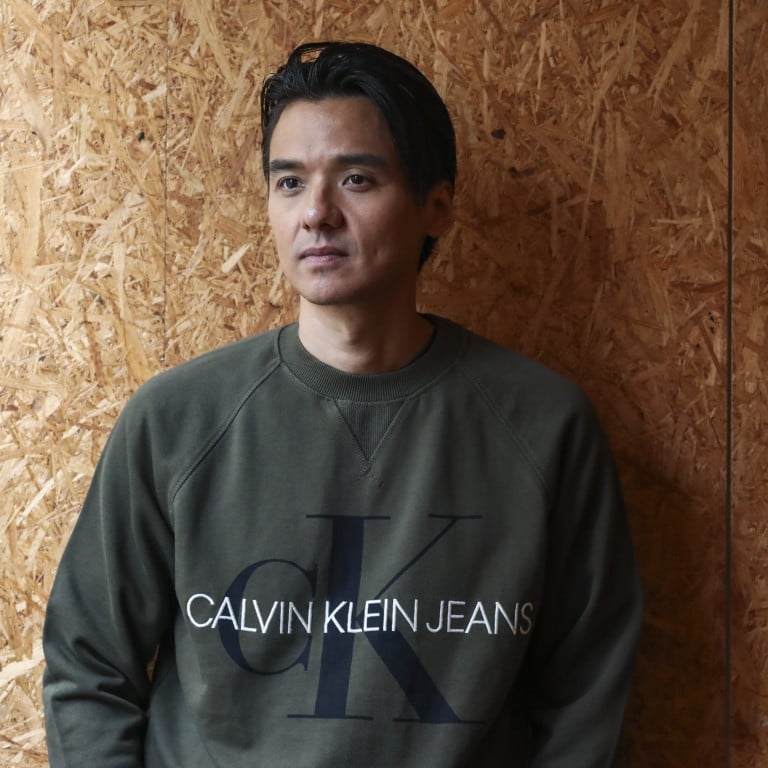
Profile | He married Shu Qi, has a bromance with Daniel Wu: how Hong Kong’s Stephen Fung went from singing to acting to finding his true calling as a director
- Stephen Fung started out in the Cantopop group Dry before his first lead acting role, as a gay sex worker in Bishonen opposite Daniel Wu
- He made his directorial debut with Enter the Phoenix in 2004 featuring Wu, and went on to produce US shows including Into the Badlands and Wu Assassins
While it is not uncommon for Hollywood actors to become writers, producers and even directors, the phenomenon is relatively rare in Hong Kong cinema.
Born in 1974 in Hong Kong, Fung is the son of Julie Sek Yin, a notable actress during the Shaw Brothers era in the 1960s. He made his acting debut at 16 after a teacher said he should audition for the Warner Brothers’ television film, Forbidden Nights (1990).
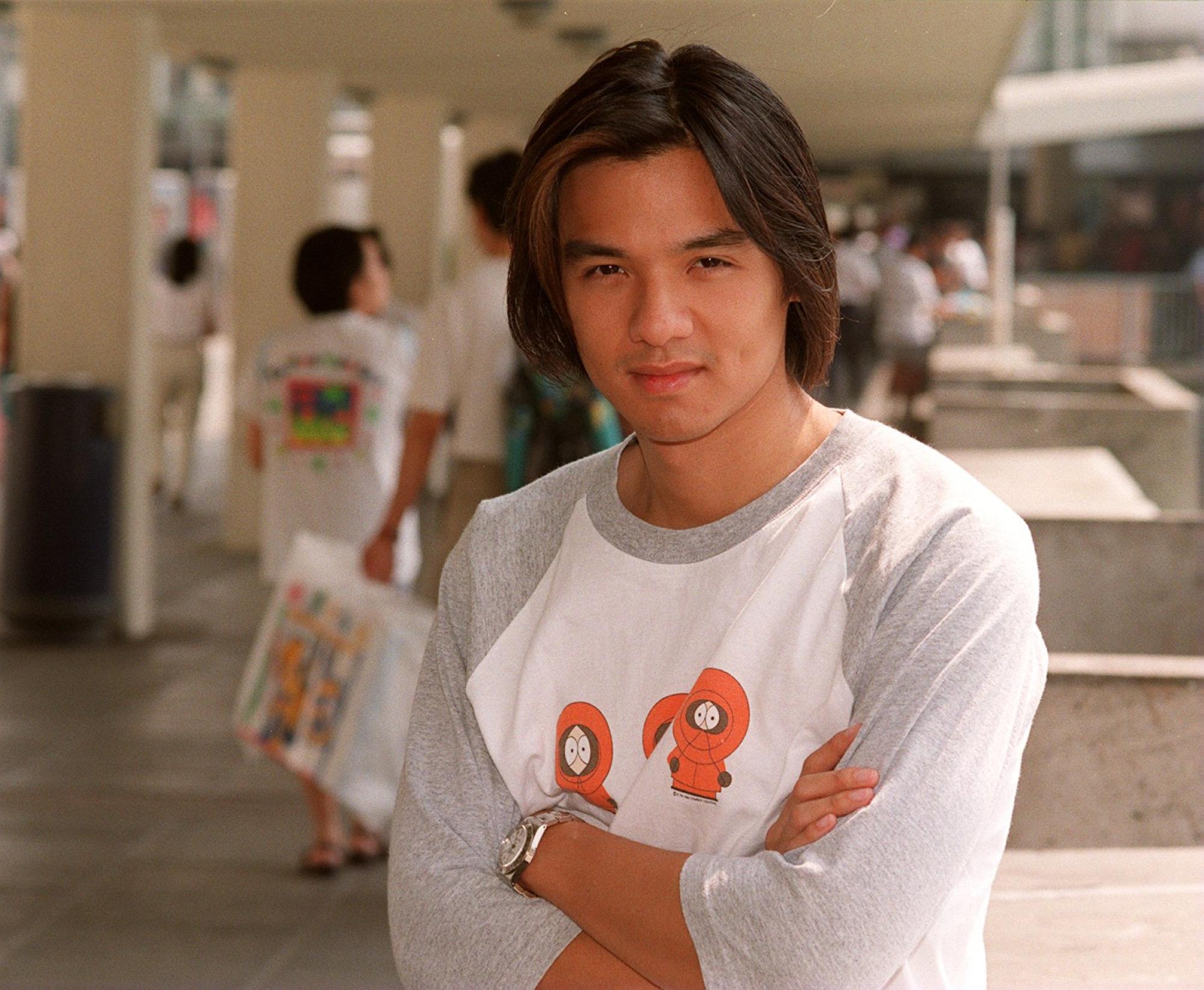
He did not properly begin his acting career there, however. His parents made sure education came first, and Fung went to the US to study graphic design at the University of Michigan, where he did a film elective. Around 1995, he returned to Hong Kong.
In 1996, he formed the Cantopop group Dry with composer Mark Lui Chung-tak. Though they won a handful of awards, the duo split up in 1998 after their third studio album, as both singers’ respective film and songwriting careers were taking off.
Ada Choi: from beauty queen to lauded actress and family woe to wedded bliss
Several years later, Fung said in an interview that there was “no environment for a healthy music industry in Hong Kong” with genre diversity: “Audiences here do not have tolerance for variety. You would never have a Guns N’ Roses or Metallica here. It’s all mass pop for karaoke, and the range is very narrow.”
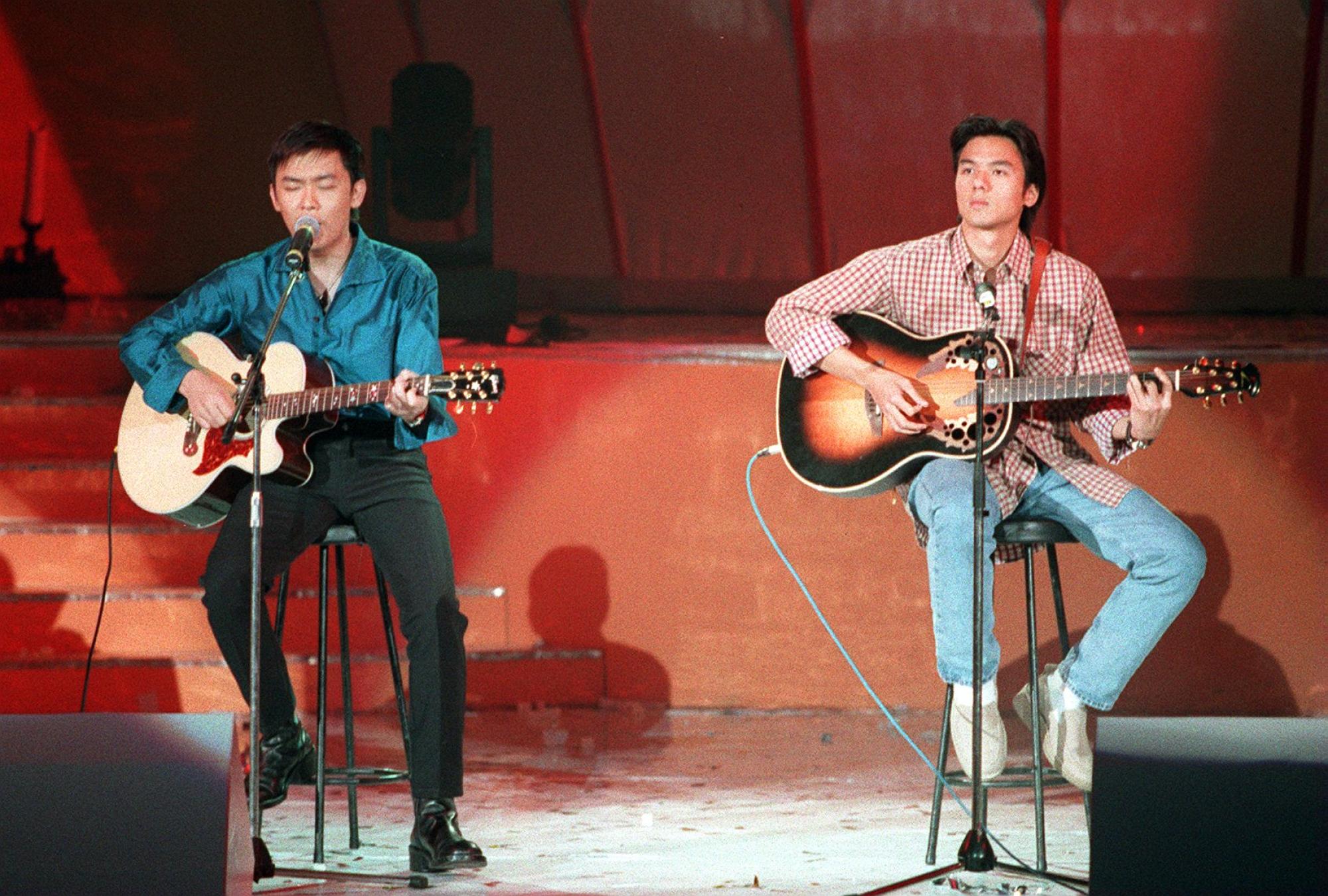
Fung was not fully satisfied with these roles. In a 2004 interview, he said he was not “that fond of” his earlier roles. As it turns out, his passion for film was deeper than that.
Between 2001 and 2002, Fung spent some time in Los Angeles to survey the Hollywood scene, where he was offered mostly stereotypical East Asian roles.
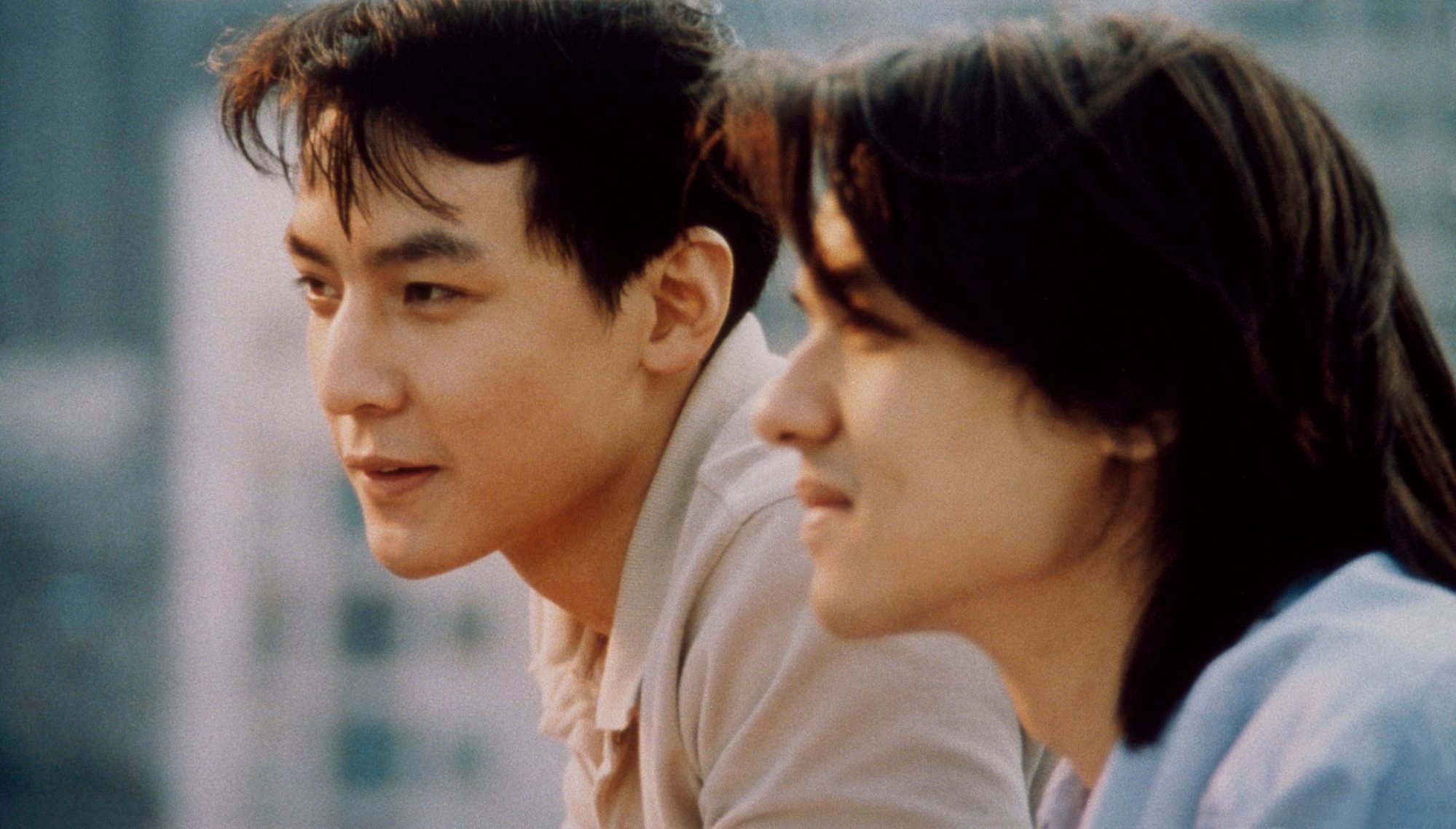
“I’m pretty nosy on set. I like to go around and see what everyone is getting up to. So, it was a pretty natural thing, becoming a director. That particular side just kind of grew,” Fung said in 2005.
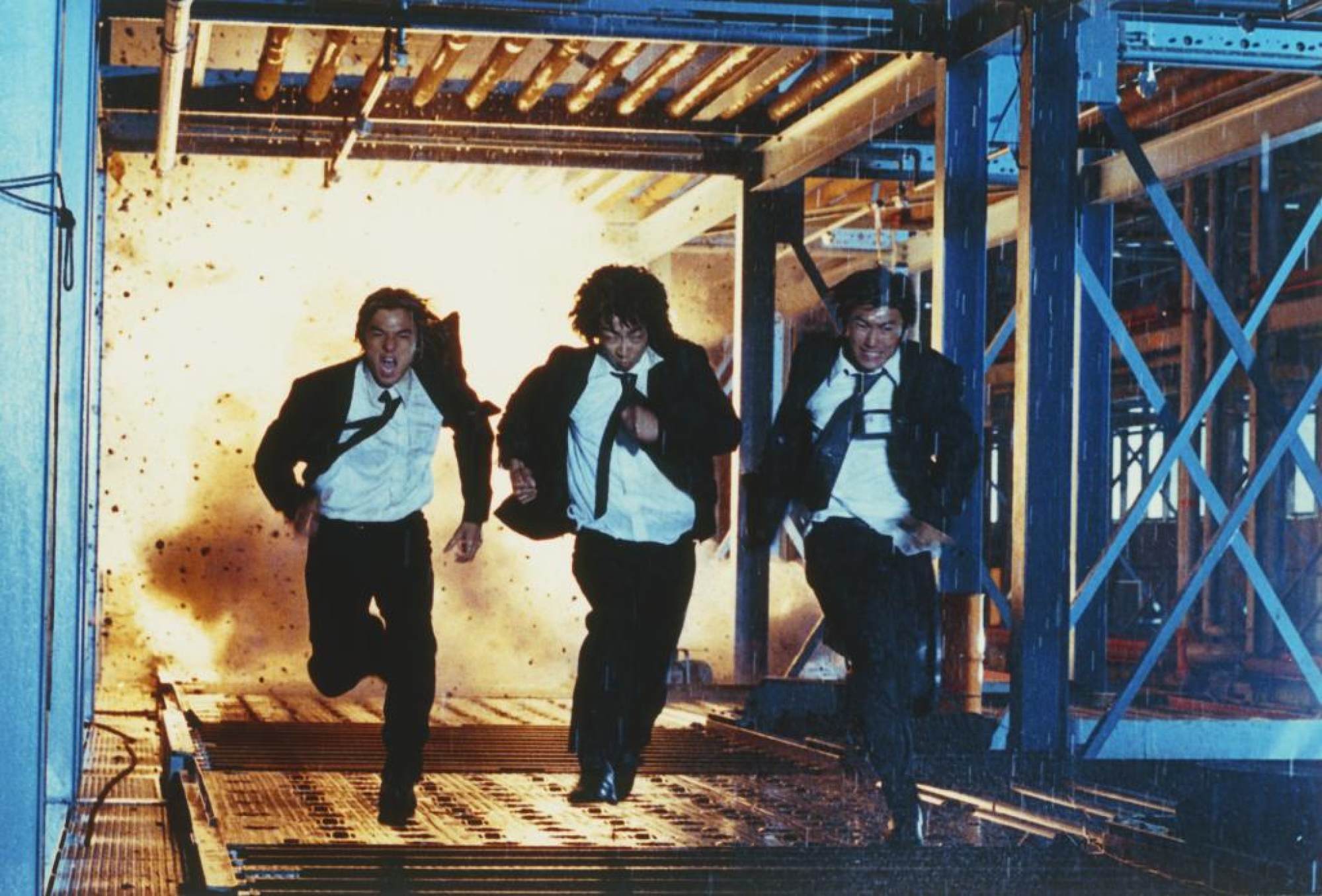
“The next 10 years are my golden years. I want to make the most of them … I just wanted to go back to the basics of the old Hong Kong films I grew up watching.”
“There was some more confidence in me after my first film,” said Fung while preparing for his second film, the kitschy martial arts comedy House of Fury (2005). “Then I got Yuen Woo-ping involved and that helped get me a larger budget. During a break from working on Kill Bill he’d come to town and seen my first movie and liked it.”
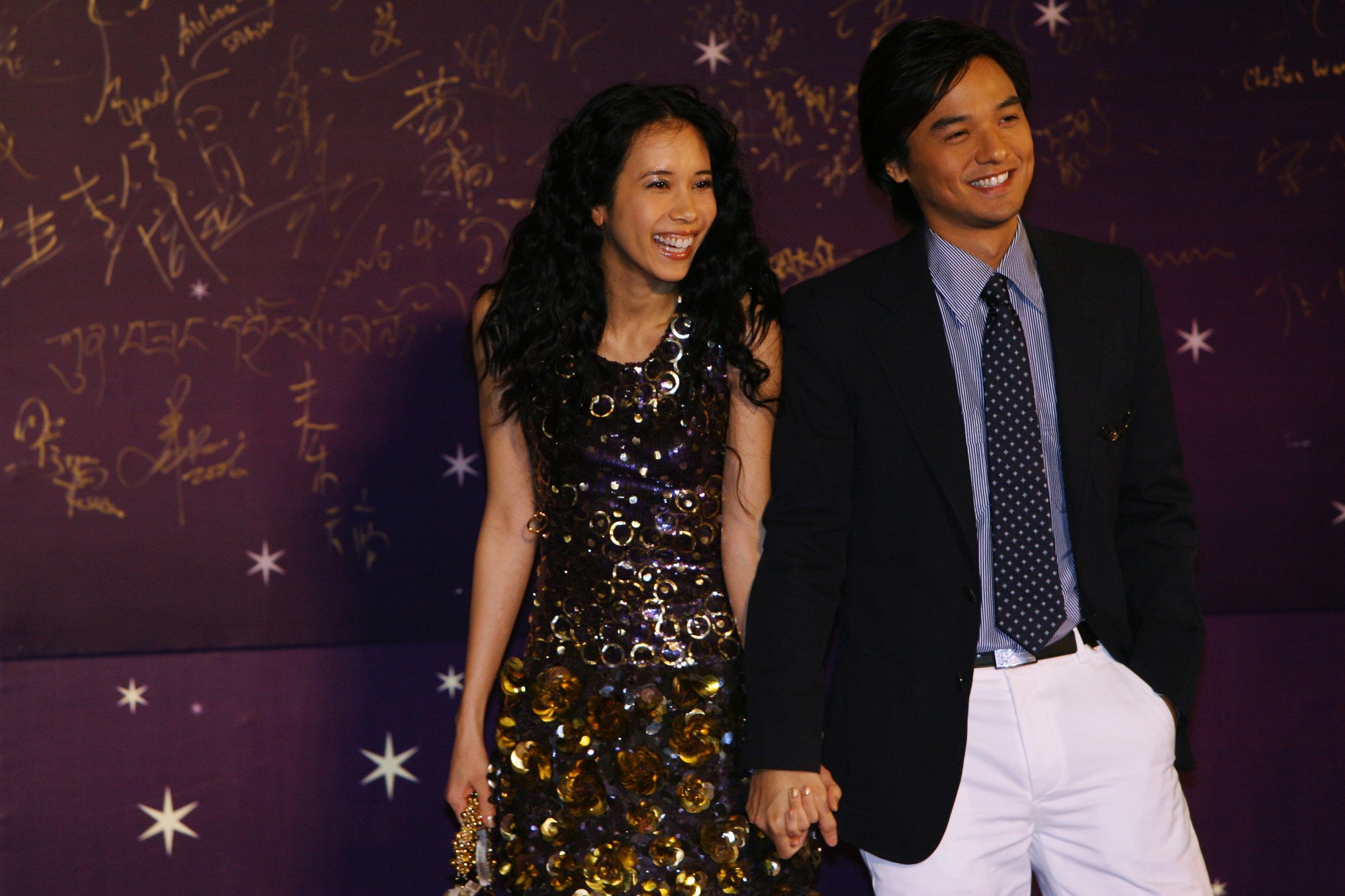
Fung’s career continued to diversify. In 2006, he wrote, directed and starred in Stephen’s Diary, a sitcom-format drama series which clocked good ratings on TVB Jade.
In 2007, he was seen meeting with Hollywood big names for potential film projects – there was Tom Cruise in Berlin and Brandon Routh, the then new Superman, in Beijing.
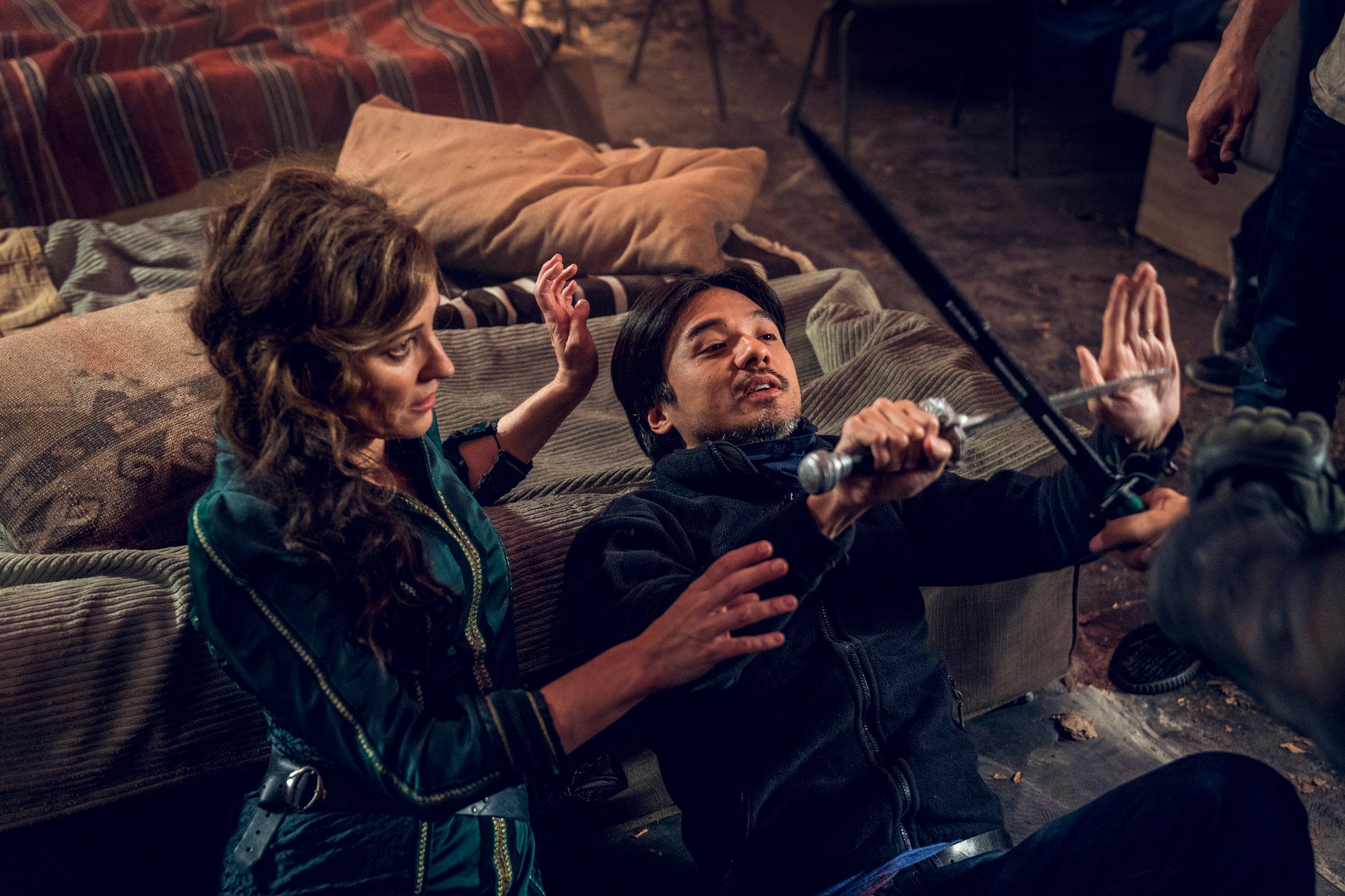
It was also the year that he went through a major life change, as he and Karen Mok, his girlfriend of nine years, broke up. In response to queries, Fung said: “We hadn’t been putting our relationship in the spotlight when we were dating, why would we do it when we were separated?”
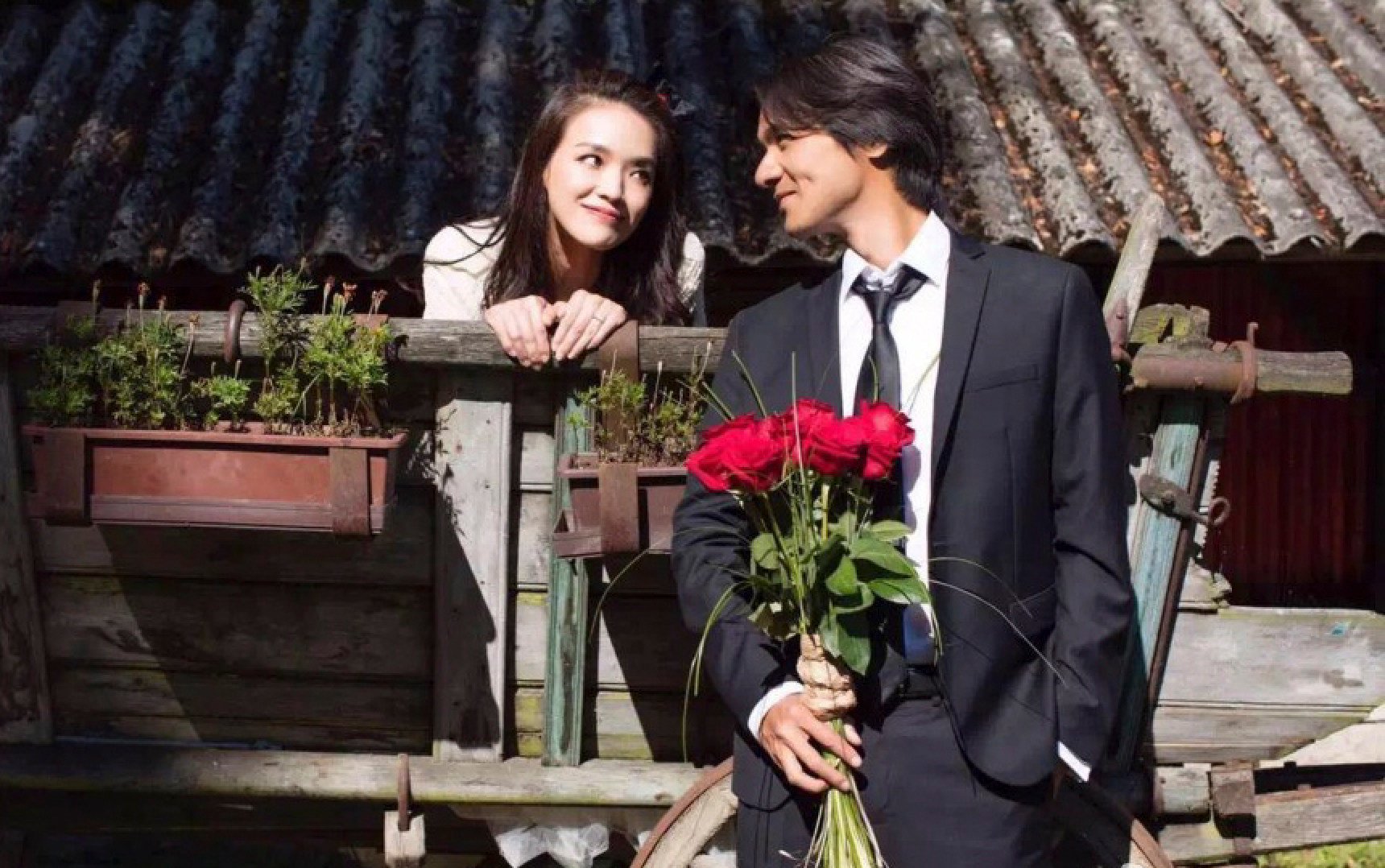
Around 2012, Fung quietly began dating Shu Qi, whom he had been friends with since they met on the set of Bishonen in the late 1990s. The celebrity couple married in a small, casual ceremony in Europe in 2016 and they have stayed low-key ever since.
Although Hollywood could not provide him with the appropriate opportunities in the early 2000s, it looks like Fung forged a new path for himself and got there anyway.











